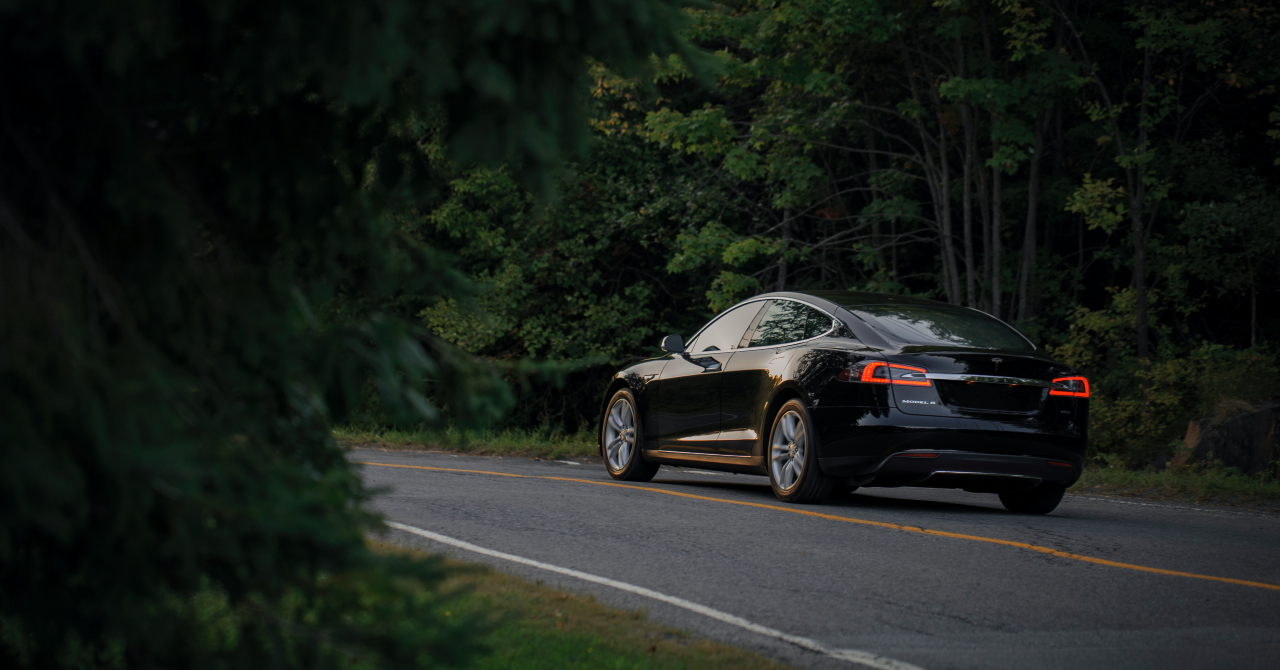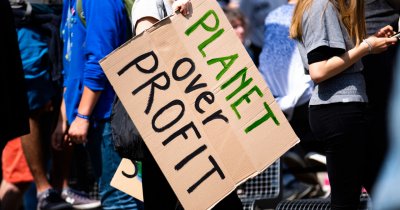The obstacle car makers find when it comes to pleasing regulators and their investors is providing parts for their cars that don't take as much of a toll on the environment, such as motor magnets that are not made of rare-earth elements or batteries that are not produced with the help of large quantities of fossil fuels.
According to Reuters, this is because while electric cars are green during their operational time, when compared to their traditional counterparts at least, they are being manufactured with a cost on the environment.
Advanced Electric Machines (AEM) is a British-based company that aims to produce more environmentally friendly car parts with the help of Bentley, such as motor magnets that are made without rare-earth elements, which are in turn produced using polluting chemicals.
James Widmer, CEO of AEM, said that "our customers need ways to ditch internal combustion engines that are cost-effective and sustainable without putting tons of this nasty rare earth stuff into their cars."
The rush to find greener sources for car parts comes as the European Union announced draft laws last year to enforce net-zero targets, through charging extra for carbon-rich imported goods and ethical sourcing and recycling of EV batteries.
Carmakers need to find new ways to make parts such as steel and aluminum greener products and they also need to invest time, money and effort into making less environmentally damaging battery chemistries.
Andy Palmer, an electric vehicle pioneer who is CEO of Switch Mobility, a British-based EV maker owned by Indian commercial vehicle maker Ashok Leyland, said that "we only source new business with suppliers with a road map to net zero."
Thomas Becker, sustainability manager at BMW, said that taking carbon out of the supply chain is a "vital part" of the company's carbon-reduction strategy.
Becker also said in March that BMW negotiated with most of its suppliers that the steel, aluminum and batteries are all being made using renewable energy.
BMW measured the CO2 footprint through its entire supply chain, and the company claims that if it did nothing, the carbon footprint per vehicle would be 18 tons in 2030, as opposed to 12 tons in 2019.
With the carbon reduction plans, the team at BMW aims to reduce the carbon footprint per vehicle to nine tons by 2030.
Costa Caldis, chief operating officer of supply chain tracing company SAFE, said that "stakeholders are demanding supply chain visibility and not just statements."
Full Circle, an investment company, offered funds to Britishvolt, a British startup that builds an EV battery plant that will run exclusively on renewable energy.
Peter Rolton, Britishvolt's executive chairman, said that "carbon taxation is an inevitable part of a 2050 net-zero vision. You can see that one coming."
Many carmakers also want to become more independent of China, which controls almost the entire global rare earth elements supply, 90% of it to be exact.
China is very dominant when it comes to the production of EV batteries, as it is a great producer of graphite, which is crucial for anodes in EV batteries and is produced using electricity from coal.
NextSource, a Canada-based mining company, plans to start the production of graphite in Madagascar, starting 2023, in order to diversify the supply chain for graphite.
 Mihai - Cristian Ioniță
Mihai - Cristian Ioniță












Any thoughts?